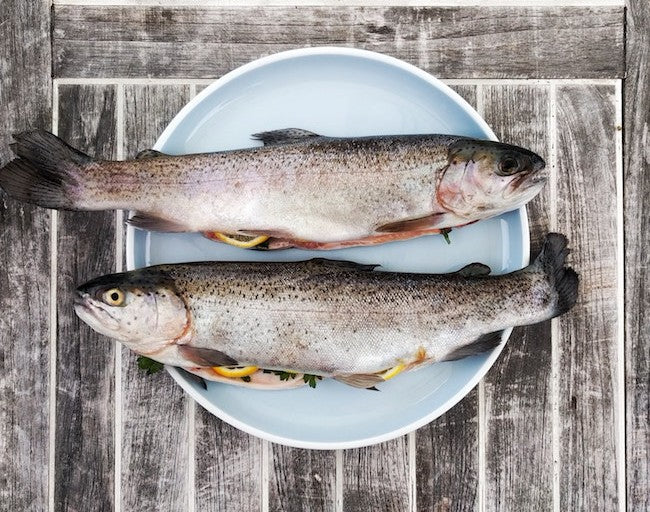Dr. Michelle Harvie on how a Health Kick's for Life, not just for January!

Cucumber is delighted to have Dr. Michelle Harvie, research dietitian for Prevent Breast Cancer, the UK’s only charity entirely dedicated to the prediction and prevention of breast cancer, writing for us. We love her straight-up sensible and illuminating advice on how small changes can make a big difference to our health (and our waistlines!)
I was delighted to have been asked to write for the January edition of Cucumber’s guest blog. Since with the decorations down, the Champagne drunk and the festive nibbles well and truly polished off, it’s the time of year when many of us turn over a new leaf and promise ourselves we’ll cut back on the cake and hit the gym more. Of course, come February, the diet’s often been thrown out the window and we’ve slipped back into our old habits. 
However, January needn’t mean setting unrealistic weight loss goals and depriving ourselves of the foods we love most. To be a success, you should be making small changes to make a big difference.
Time and time again, I hear my patients tell me various myths and untruths they’ve picked up along the diet grapevine. For example, ‘it’s best not to lose weight too quickly as you don’t keep it off’ – a lot of people will naturally lose weight quickly when they start eating healthier and moving more, seeing their weight loss stabilise as they continue with their new regime. This is completely different to ‘not keeping it off’, though, and we should aim to keep our diets fresh with new recipes and meal ideas.
There are, however, certain points in a woman’s life when it can be more difficult to shed the pounds, menopause being one these times. It’s essential to maintain a healthy weight during adult life, as most of us tend to gain weight after the age of 18. This is usually because we start work and fall victim to what are often unhealthy habits like snacking all day at your desk. 
Women are most likely to gain weight in their 20s, 30s and 40s, which can increase risk of breast cancer by up to 60 per cent, compared to if they were to maintain the same weight. However, aiming for around three hours of moderate exercise a week and following a healthy, calorie-controlled diet, such as an intermittent eating plan, can help maintain weight.
For instance, Prevent Breast Cancer’s clinically proven diet, co-authored by me and Professor Tony Howell, The 2-Day Diet, is five days of a Mediterranean-style diet and two days following a low carb, protein-rich diet. It can be easier to stick to such a plan as there are just two ‘restricted’ days each week, so we’re more likely to keep on track and less likely to crave unhealthy foods. 
It’s also a great way to introduce new tastes and maintain your health – a ‘diet’ is more than just slimming into a pair of jeans, after all!
For further information on how diet and lifestyle changes can reduce your risk of breast cancer, visit: https://preventbreastcancer.org.uk/breast-cancer-research/research-projects/diet-and-lifestyle/

www.cucumberclothing.com




Leave a comment